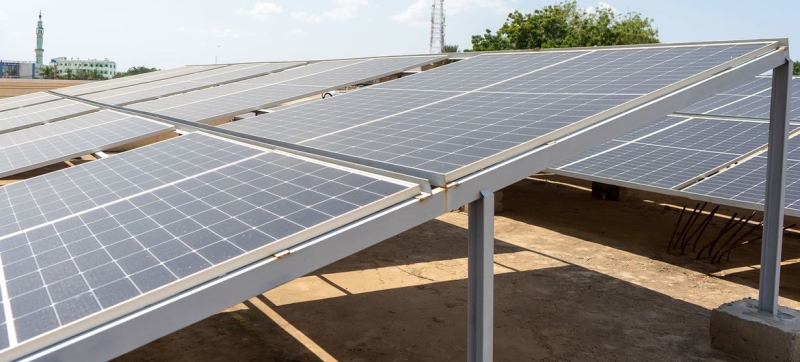
In 2024, global investment in clean energy will reach $2 trillion. Belem: COP 30 participants discuss financing issues Felipe de Carvalho, Belem Climate and Environment
In Belem, Brazil, where the 30th UN Climate Conference is taking place, one of the main questions being debated is whether humanity can mobilize the necessary resources for global action to protect the planet?
At every negotiating table and in every diplomatic statement, there is a hard truth that everyone involved in this process understands: without adequate funding, the desired outcome will not be achieved. of which called access to financial resources a “matter of survival.”
UN General Assembly President Annalena Baerbock said in her opening remarks that COP 30 should mark the beginning of the implementation of up to $1.3 trillion in annual climate payments – funds that should be “quickly, transparently and fairly transferred to those who need them most.” needs.”
She stressed that climate action and social justice are “inseparable.” “Climate instability fuels hunger and poverty, poverty leads to migration and conflict, and conflict, in turn, deepens poverty and discourages investment,” the President of the UN General Assembly emphasized. circle.
Energy from renewable sources
Celebrating the 10th anniversary of the Paris Climate Agreement, Burbock recalled that in 2015, many delegates could not hold back their tears when the participants succeeded historic result – the first legally binding global climate treaty, uniting more than 190 countries.
She noted that developments in renewable energy seemed “unrealistic” at the time. Today, the industry has achieved impressive results.
In 2024, global investment in clean energy reached $2 trillion – about $800 billion more than in fossil fuels. Solar power has become the cheapest source of electricity in history.
Africa’s unrealized potential
Yet Burbock warned that “enormous potential remains untapped as capital continues to not be directed to where it is needed most,” especially in Africa.
More than 600 million people on the continent still lack access to electricity, despite the continent’s renewable energy potential being 50 times greater than projected global electricity demand by 2040.
She called on developed countries to live up to their technological and financial commitments and advance reform of global financial institutions.
The “lifeblood” of climate action
UNFCCC Executive Secretary Simon Still also spoke at the meeting, highlighting the transformative role of climate action financing.
He called finance “the lifeblood of climate action,” capable of turning “plans into progress” and “ambitions into achievements.”
Still noted that the most vulnerable countries continue to face serious barriers to accessing the funds they have long been promised.
